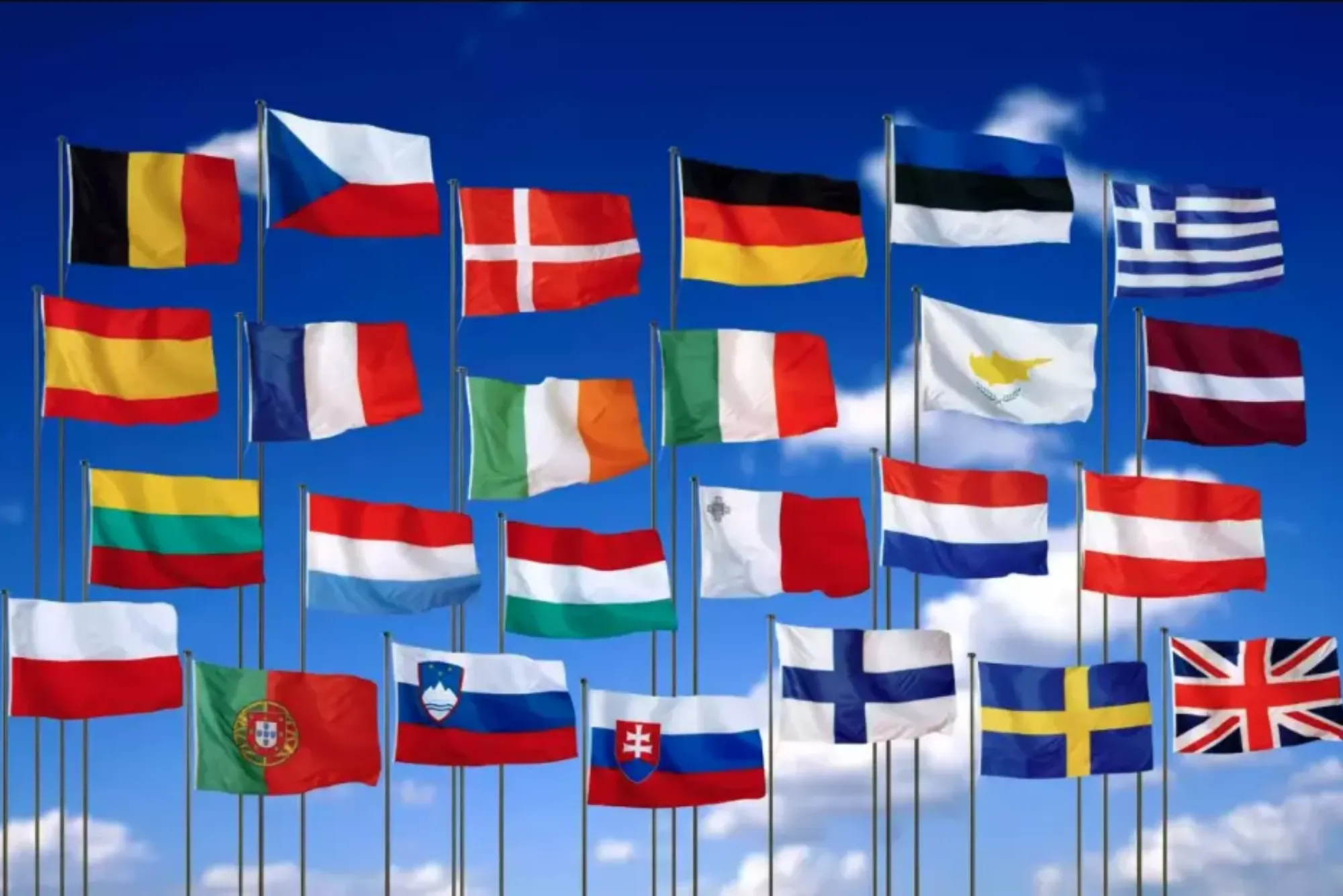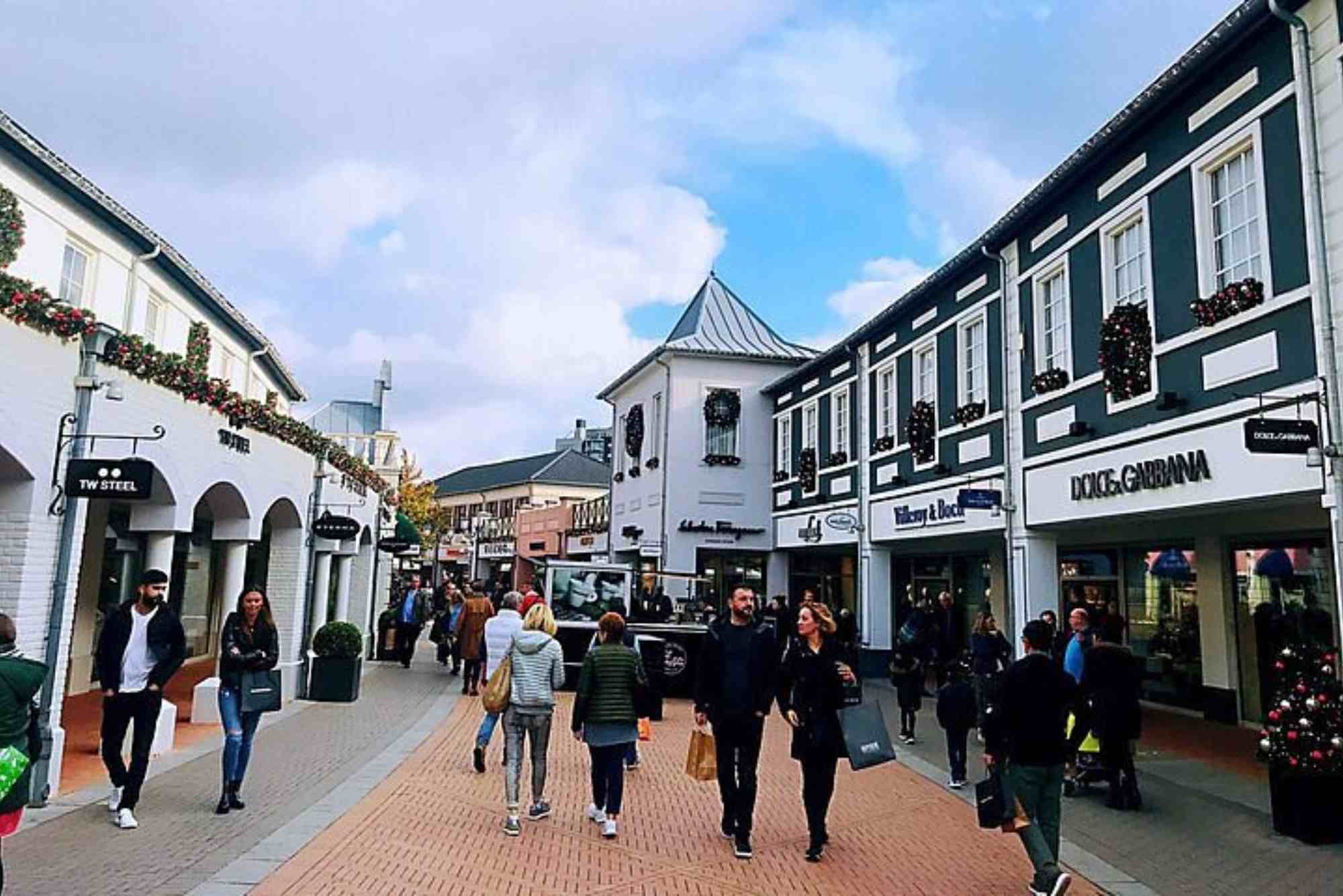The Eurozone stands as one of the most influential economic blocs globally, wielding significant power in shaping international trade and finance. Its impact extends far beyond the borders of Europe, reaching economies worldwide, including Dubai. In this article, we delve into the intricate relationship between the Eurozone and Dubai’s economy, exploring historical context, trade dynamics, challenges, opportunities, investment landscapes, currency dynamics, and future prospects.
Understanding Eurozone and its Significance
The Eurozone comprises 19 of the 27 European Union (EU) member states that have adopted the euro as their official currency. This economic and monetary union fosters deeper integration among member states, promoting trade, investment, and economic stability. For Dubai, situated in the heart of the Middle East, the Eurozone’s economic health directly impacts its trade relations, investment flows, and overall economic outlook.
Historical Context: Eurozone Dynamics
The formation of the Eurozone traces back to the Maastricht Treaty of 1992, which laid the groundwork for economic and monetary union among European countries. The adoption of the euro in 1999 marked a significant milestone in European economic integration. Over the years, the Eurozone has faced various challenges, including the sovereign debt crisis, Brexit, and most recently, the economic fallout from the COVID-19 pandemic. These events have reverberated across global markets, affecting economies worldwide, including Dubai.
Eurozone’s Impact on Dubai’s Trade
Dubai serves as a crucial hub for trade and commerce, connecting markets across Europe, Asia, Africa, and beyond. The Eurozone ranks among Dubai’s top trading partners, with significant flows of goods, services, and investments between the two regions. The stability and strength of the Eurozone economy directly influence Dubai’s export-import dynamics, with fluctuations in eurozone demand impacting Dubai’s trade volumes and economic performance.
Challenges Faced by Eurozone-Dubai Relations
Despite the mutual benefits of trade and investment, Eurozone-Dubai relations encounter various challenges. Regulatory differences, trade barriers, geopolitical tensions, and currency fluctuations pose hurdles to seamless economic cooperation. Moreover, uncertainties stemming from global events, such as political unrest, trade disputes, and pandemics, add further complexity to Eurozone-Dubai relations.
Opportunities for Collaboration
Amidst challenges, numerous opportunities for collaboration between the Eurozone and Dubai emerge. These include fostering deeper trade ties, enhancing investment flows, promoting technology transfer, and exploring joint ventures across sectors like finance, logistics, tourism, and renewable energy. Leveraging Dubai’s strategic location, advanced infrastructure, and business-friendly environment, both regions can capitalize on synergies and mutual interests.
Investment Landscape: Eurozone vs. Dubai
Comparing the investment landscapes of the Eurozone and Dubai reveals distinct characteristics and opportunities. While the Eurozone offers stability, market depth, and access to advanced technologies, Dubai presents a dynamic business environment, favorable regulatory framework, and strategic gateway to regional markets. Understanding the unique advantages of each region is crucial for investors seeking to diversify portfolios and expand market presence.
Navigating Currency Dynamics
Currency fluctuations play a significant role in Eurozone-Dubai trade and investment. Fluctuations in the value of the euro relative to the UAE dirham impact the cost of imports, exports, and cross-border transactions. Businesses operating between the Eurozone and Dubai must employ effective currency risk management strategies to mitigate exposure and safeguard profitability.
Future Outlook: Eurozone-Dubai Relations
Looking ahead, the future trajectory of Eurozone-Dubai relations hinges on various factors, including economic recovery post-pandemic, geopolitical developments, trade policies, and technological advancements. While challenges persist, opportunities for collaboration and partnership abound, driven by shared interests in sustainable development, innovation, and economic diversification. Strengthening ties between the Eurozone and Dubai is essential for fostering resilient, inclusive, and prosperous economies in both regions.
Strengthening Eurozone-Dubai Ties
The Eurozone plays a crucial role in shaping Dubai’s economic landscape, influencing trade, investment, and business dynamics. By understanding historical context, current challenges, and future prospects, stakeholders can navigate Eurozone-Dubai relations more effectively, capitalizing on opportunities and mitigating risks. As both regions strive for economic recovery and sustainable growth, fostering stronger ties and collaboration is paramount. By embracing innovation, fostering dialogue, and forging strategic partnerships, the Eurozone and Dubai can unlock new avenues of prosperity and shared success.
By strategically incorporating the keywords “Eurozone Dubai“ throughout the article, we optimize its content for search engine visibility, helping target audiences discover this valuable resource.












